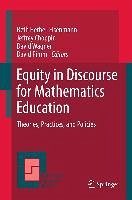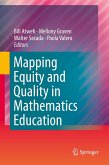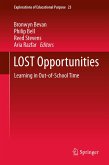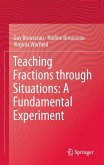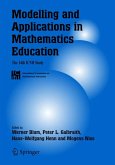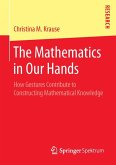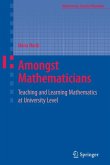Discourse practices warrant the attention of mathematics educators because discourse is the primary medium of education. Evidence about one's hopes or expectations can be found in discourse practice whether the goal is performance in mathematical procedures, creativity in problem solving, or a classroom environment that uses the diversity of voices as a resource. Language, through implicit and explicit action, is the medium of mathematical development and the medium through which equity and inequities are structured and sustained. Given this inherent connection between discourse and equity, this book focuses on: a) the ways in which the social, mathematical, cultural, and political aspects of classroom interactions impact students' opportunities to participate in the kinds of discourse practices that provide access to resources; and b) the perceptions and practices of educators, particularly the extent to which they view diversity as a resource and to which they are aware of structural inequities.
Dieser Download kann aus rechtlichen Gründen nur mit Rechnungsadresse in A, B, BG, CY, CZ, D, DK, EW, E, FIN, F, GR, HR, H, IRL, I, LT, L, LR, M, NL, PL, P, R, S, SLO, SK ausgeliefert werden.

